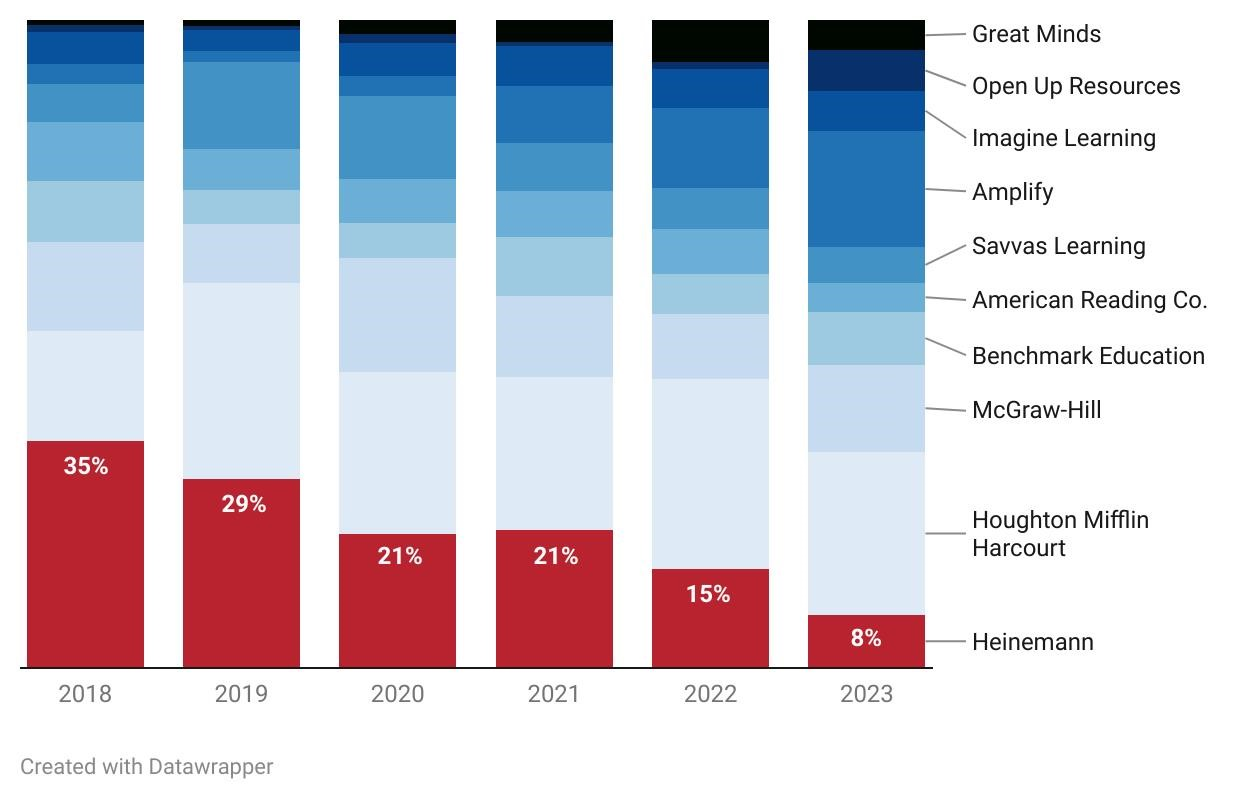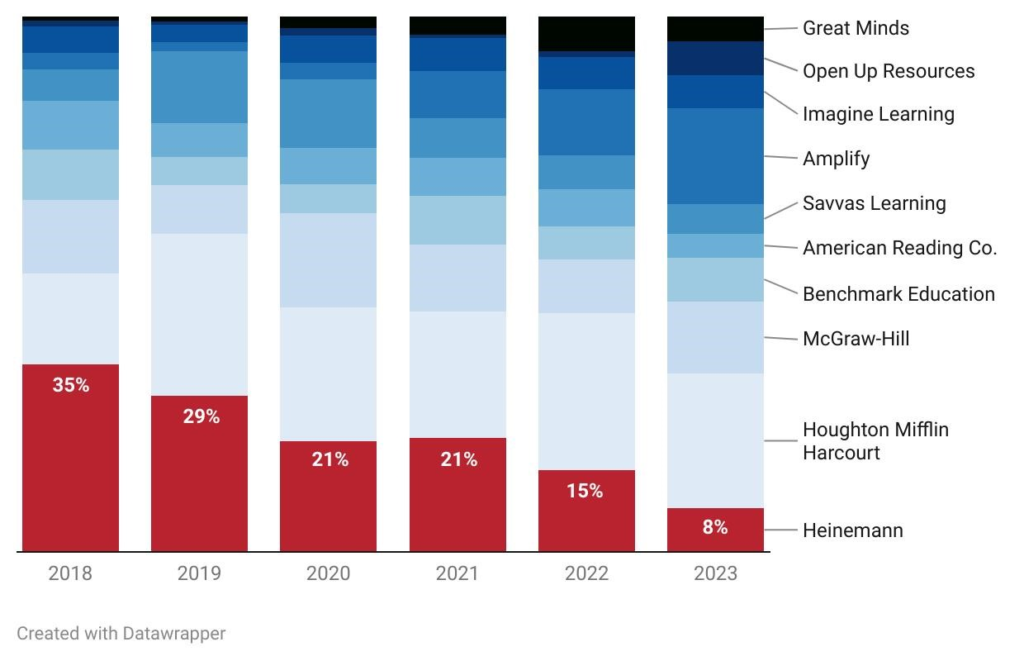Finace
How Do You Spell "Financeal"? Understanding Financial Literacy
Learning how to spell "financeal" correctly is just the first step towards achieving financial well-being. This guide will delve into the fundamentals of financial literacy, empowering you to manage your money effectively and reach your financial goals.
What Is Financial Literacy?
Financial literacy is the ability to understand and apply financial concepts, including budgeting, saving, investing, and debt management. It’s essential for making informed financial decisions that lead to a secure and prosperous future.
Why Is Financial Literacy Important?
- Control Over Your Finances: Financial literacy empowers you to take charge of your money, making conscious decisions that align with your goals.
- Avoiding Financial Pitfalls: Knowing how to manage debt, save for retirement, and invest wisely helps you avoid common financial mistakes.
- Achieving Financial Goals: Whether it’s buying a home, starting a business, or securing a comfortable retirement, financial literacy provides the knowledge to pursue your dreams.
Key Components of Financial Literacy
Budgeting
- Track Your Income and Expenses: Understanding where your money goes is crucial for effective budgeting.
- Create a Budget: Allocate your income towards essential needs, wants, and savings.
- Stick to Your Budget: Regularly review your spending habits and make adjustments as needed.
Saving
- Set Savings Goals: Identify your short-term and long-term savings targets, such as an emergency fund or a down payment on a house.
- Choose the Right Savings Accounts: Explore different savings account options to maximize your returns.
- Automate Savings: Set up automatic transfers from your checking account to your savings account to ensure consistent saving.
Investing
- Understand Investment Basics: Learn about different investment options, such as stocks, bonds, and mutual funds.
- Diversify Your Investments: Spread your money across multiple asset classes to reduce risk.
- Invest for the Long Term: Don’t chase short-term gains; invest with a long-term perspective.
Debt Management
- Minimize Debt: Prioritize paying off high-interest debt, such as credit card debt.
- Use Credit Wisely: Only use credit for essential purchases and pay off your balance in full each month.
- Negotiate Lower Interest Rates: Explore options to reduce your interest rates on existing loans.
Building Your Financial Literacy
- Take Advantage of Resources: There are countless free resources available online and at your local library.
- Seek Professional Advice: Consider consulting a financial advisor to create a personalized financial plan.
- Stay Informed: Keep up with financial news and trends to make informed decisions.
Conclusion
Financial literacy is a lifelong journey. By embracing the principles outlined above, you can build a strong foundation for a financially secure future. Remember, it’s never too late to start managing your money effectively and achieving your financial goals.
Learn more about us at: javanet247


